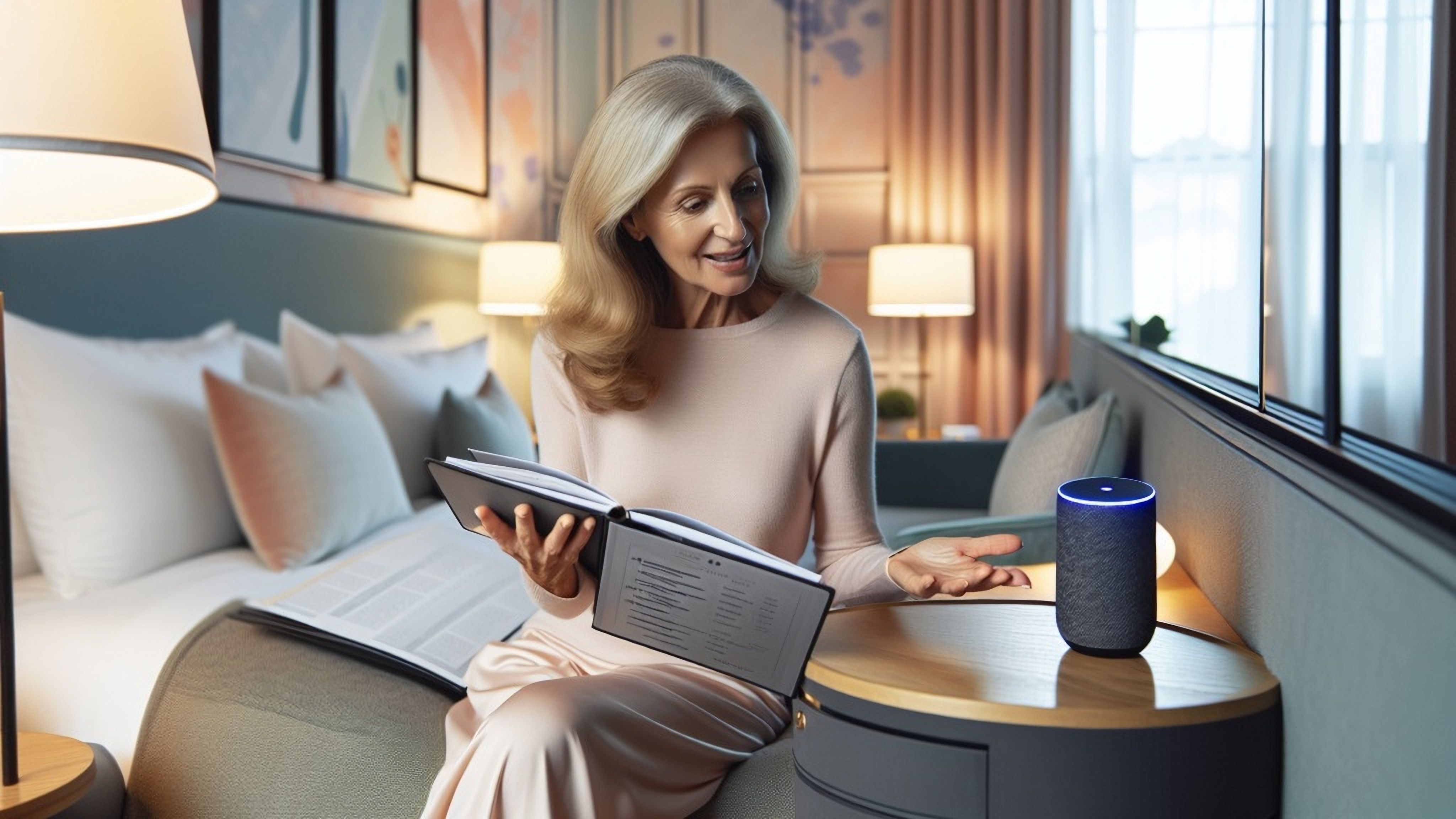AI in the Hospitality Industry: The Future is Now
You can't open a newspaper or watch a TV show without hearing about the latest AI developments. While the advantages are often highlighted, concerns are frequently raised, such as AI taking over the world, causing unemployment, or even leading to wars. However, for hotel owners, AI offers fascinating possibilities that will soon make it easier to save time and money. AI should never be the ultimate goal, but rather a tool – a tool that is rapidly evolving.
Here are the top five AI developments for the hotel industry:
 Hyper-personalisation of the guest experience
Hyper-personalisation of the guest experience
AI can analyse guest preferences from previous stays, booking history, and even social media to create personalised recommendations for rooms, meals, and activities. For example, you could welcome guests with a custom greeting drink or set the room to their preferred temperature. Tools like ChatGPT can even translate all communication with guests, from responses to reviews to welcome messages, into the guest's language. This leads to higher satisfaction and loyalty.
Smart rooms and contactless technology
Hotels are increasingly investing in AI-powered smart rooms, where guests can control lighting, temperature, and entertainment through voice assistants like Alexa or Google Assistant, ideally in their native language. Sensors detect if a guest is present and adjust curtains, air quality, and temperature accordingly. Contactless technology, which gained importance during COVID, remains crucial. AI enables smooth, fully digital check-in and check-out processes.
 Revenue management
Revenue management
AI enables dynamic pricing, allowing room rates to adjust in real-time based on demand, competition, market conditions, and even weather changes. Hotels can use AI to maximise occupancy without sacrificing profitability. Dynamic pricing isn’t limited to rooms; restaurants and bars can also benefit. Why charge the same price for a cocktail on a busy Friday as on a quiet Monday? Personalised pricing will become more common in the coming years.
AI-powered customer service
AI chatbots and virtual assistants offer 24/7 customer service, answering common questions like check-in times and special requests without human intervention. This increases efficiency and gives staff more time for tasks that require personal interaction. Combining this with WhatsApp reduces barriers and helps hotels meet guest needs and avoid negative reviews. AI also analyses feedback and reviews in real-time, using sentiment analysis to detect guest emotions and improve the experience.
 Predictive analytics for operational optimisation
Predictive analytics for operational optimisation
AI can optimise hotel operations, from housekeeping to energy management. Predictive systems forecast when rooms need to be cleaned or maintained, minimising downtime. AI can also help optimise energy consumption by automating lighting, heating, and cooling systems based on guest movement or weather data. This not only lowers costs but also promotes sustainable hotel management.
AI will continue to evolve, offering hoteliers significant benefits by enhancing guest satisfaction, optimising operations, and increasing profitability. Don’t be afraid to experiment with AI, as continuous learning is not only important for computers but certainly for people as well.
Hoteliers and Designers go free! Get in contact at lexi.seager@montgomerygroup.com today and she will provide you with your free code.


)




































